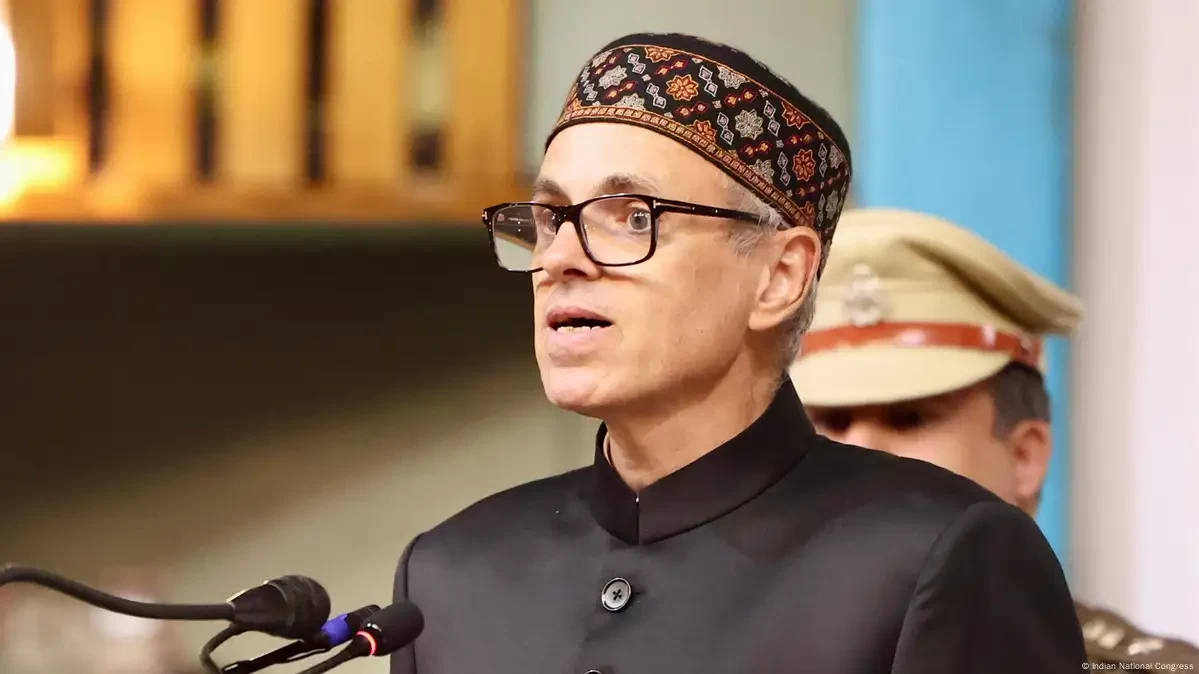Latest Updates
“Not a bill but a bulldozer”: Rajya Sabha passes the EC Bill amidst fervent protests from the Opposition
.png)
The Rajya Sabha on Tuesday passed the Chief Election Commissioner and Other Election Commissioners (Appointment, Conditions of Service and Term of Office) Bill, 2023, despite vehement opposition protests within the Upper House of Parliament. Dismissing the Opposition's claims that the bill was an attempt to sidestep a Supreme Court decision on appointments to election oversight positions, Law Minister Arjun Ram Meghwal explained that the new legislation was introduced to address shortcomings in the 1991 Act. However, the Opposition parties walked out during the discussion, as a mark of protest. “It is not a bill, it is a bulldozer. It is an insult to the Supreme Court and the Chief Justice of India," said APP MP Raghav Chadha.
The bill became a major point of contention between the Union Government and the Opposition. It replaces the 1991 Election Commission Act, addressing matters like the appointment, salary, and removal of the Chief Election Commissioner (CEC) and other election commissioners. The president would appoint the CEC and ECs based on a recommendation from a selection committee, consisting of the prime minister, a union cabinet minister, and the leader of the opposition or the leader of the largest opposition party in the Lok Sabha. In March, the Supreme Court had mandated a three-member panel consisting of the Prime Minister, Chief Justice of India, and the Leader of the Opposition to select the Chief Election Commissioner and Election Commissioners. The bench headed by Justice KM Joseph, was issued this directive to safeguard the autonomy of the election commissioners. However, the bill that was passed in the Rajya Sabha on Tuesday has dropped the Chief Justice out of the panel, and given the spot to a Union Minister.
Congress asserted that the Narendra Modi government had undermined the independence, integrity, and impartiality of India's democracy by introducing this bill. "The Modi government has attacked the democracy of India. The autonomy, fearlessness and fairness of India's democracy and electoral machinery have been crushed by a bulldozer. The Modi government is passing a law in Rajya Sabha today to make the Chief Election Commissioner and Election Commissioners of the Election Commission of India, a 'pawn Election Commissioner'," said Congress leader Randeep Surjewala. He further stated that the bill would empower the Union Government to appoint a Chief Election Commissioner and other Election Commissioners of their choice. “This is perhaps one of the biggest blows to democracy hurled by the Modi government in the last 9 years,” he added.
AAP MP Raghav Chadha stated that the bill would enable the government to appoint anyone they like at whim. "They have removed the Chief Justice of India from the selection panel and replaced him with a cabinet minister. This gives the government two votes... so with this 2:1 majority, they can appoint anyone, even Sambit Patra (BJP spokesman) if they wish. Can you imagine the situation then… It is not a bill, it is a 'billdozer'. It is an insult to the Supreme Court and the Chief Justice of India," said Chadha.
Defending the Union Government’s stance, Law Minister Arjun Ram Meghwal said that the bill has been introduced to address the lapses in the 1991 Act. He further stated that the bill is in adherence to a Supreme Court judgment passed in March this year. However, the Opposition, visibly displeased by the Government’s stance argued that the bill would eliminate any fairness and transparency in the selection process. They have also emphasized that this modification constitutes a breach of a Supreme Court directive.
Crucial elements of the bill involve the substitution of the Election Commission (Conditions of Service of Election Commissioners and Transaction of Business) Act, 1991. The updated legislation addresses matters such as the selection, remuneration, and dismissal of the Chief Election Commissioner (CEC) and other election commissioners. The president would appoint the CEC and ECs based on the suggestions of a selection committee, comprising the prime minister, a union cabinet minister, and the leader of the opposition or the leader of the largest opposition party in the Lok Sabha. The recommendations of this committee would remain valid even if the committee is not complete.






.webp)
.webp)

